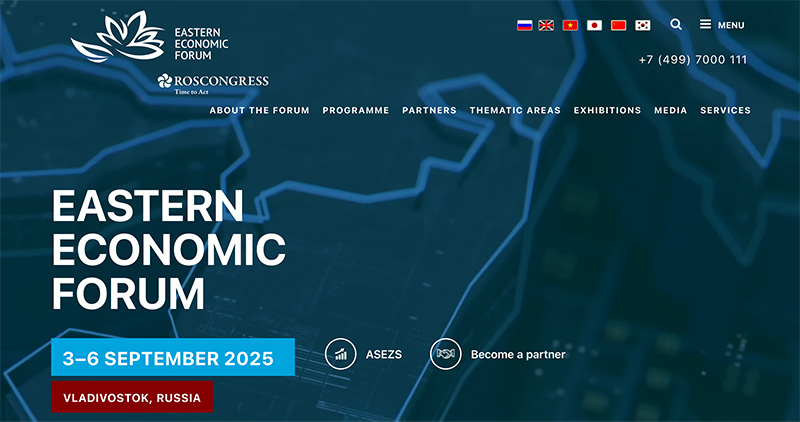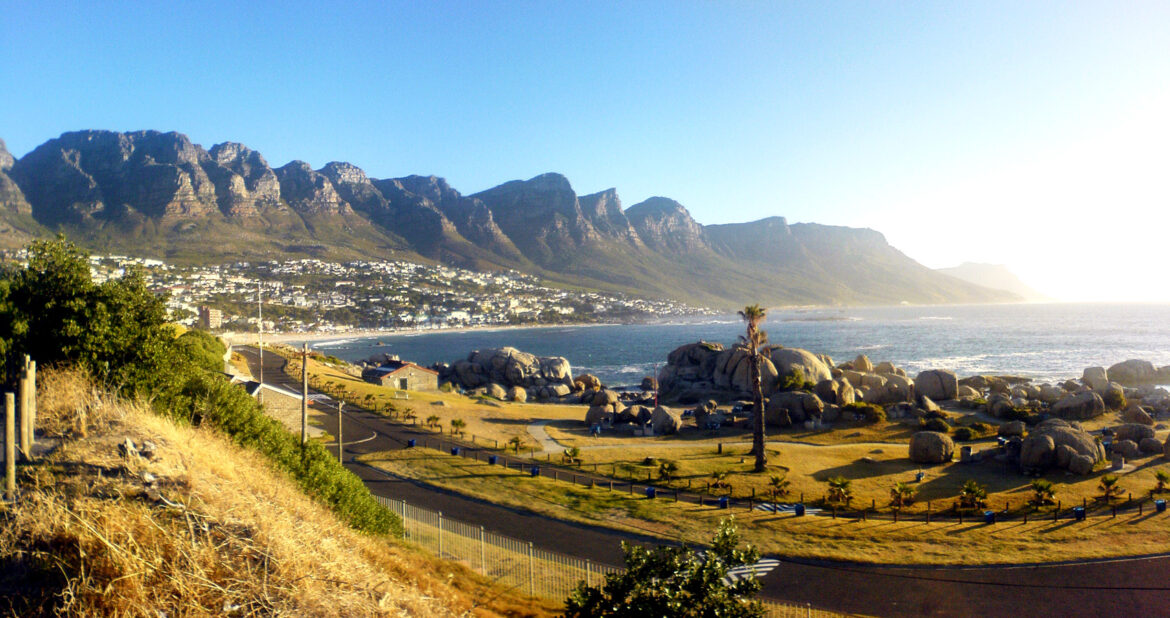Africa is part of a new global multi polar order. Analysts suggest that the continent’s influence is set to grow due to its rich resources, vast population, and increasing economic significance.
Alexey Drobinin, Director of the Foreign Policy Planning Department of the Russian Ministry of Foreign Affairs, and David Okpatuma, Co-Founder of the Development and Cooperation for Africa (DevCA) Initiative, Nigeria, have analyzed the continent’s future possibilities. NewsVoice summarizes their thoughts.
Africa’s role in shaping a New World Order
The African continent, with its 54 countries, is home to diverse cultures, languages, and economies, making it a complex but vital player in global affairs. Recent analyses from international relations experts emphasize that world powers increasingly recognise Africa’s potential to sway global economic and political dynamics.
This recognition comes when traditional power structures are challenged by the rise of new geopolitical blocs and the reorientation of international alliances.
”I prefer to die with my head unbowed, my faith unshakeable and with profound trust in the destiny of my country, rather than live under subjection and disregarding sacred principles.
History will one day have its say, but it will not be the history that is taught in Brussels, Paris, Washington or in the United Nations. But the history which will be taught in the countries freed from imperialism and its puppets.” – Patrice Lumumba (1925-1961, Kongo)
Russia’s strategic engagement with Africa
Amidst this shift, Russia has been actively enhancing its footprint in Africa, aiming to reshape the international system towards a more multipolar structure. Russian Foreign Minister Sergey Lavrov’s recent visit to several African nations underscores Moscow’s commitment to deepening ties with the continent.
Russia’s approach includes fostering economic partnerships, military cooperation, and diplomatic alliances less rooted in the historical colonial legacies that have often characterized Western engagements. The strategy seems to resonate with African leaders seeking to diversify their international partnerships and reduce reliance on traditional Western powers.

The Vladivostok forum, for instance, has become a platform where African countries can explore economic synergies with Russia and other Eastern nations, aiming to create a new economic architecture that counters Western dominance.
Russia’s move towards the East, especially in light of Western sanctions post-Ukraine, has provided African nations with alternative pathways for economic cooperation, challenging the unipolar world order.
”Africa’s role in global politics is steadily growing. The development of a Pan-African identity is progressing slowly. However, the increasing self-awareness of African peoples and their determination to make up for what was lost during the colonial and post-colonial eras serve as a powerful driving force in establishing the continent as one of the poles in a multipolar world order.” – Alexey Drobinin
Drobinin points out that Africa is rich in natural wealth, containing 30% of the world’s mineral resources. Spanning a total area of 30.37 million km2 (roughly twice the size of Russia), the continent boasts enough fertile soil to feed its entire population. Africa’s geographic location also provides direct access to global transport corridors.
The new architecture
Russia’s push for a new global order is not just about economic and military gains but also about ideological influence. Moscow promotes a vision where power is not concentrated in a few hands but shared among multiple global players, including those in Africa. This vision is appealing to a continent long tired of being at the receiving end of international policy decisions.
However, this engagement comes with its set of challenges and criticisms. While some see Russia’s involvement as an opportunity for a more balanced global power distribution, others caution against the potential for new forms of dependency or exploitation. Critics argue that while Russia’s rhetoric champions equality and mutual benefit, the reality might not always align with these ideals, pointing to instances where economic promises have not fully materialized into tangible benefits for African countries.
The way forward
As Africa positions itself in this shifting geopolitical landscape, the balance it strikes between new and old partners will be crucial. The continent’s role could indeed be decisive in shaping not just its own future but the broader contours of international relations.
For Russia, strategic engagement with Africa serves multiple purposes—from diversifying trade routes and securing resources to gaining political support in international forums. How this relationship evolves will depend significantly on the tangible outcomes of current initiatives and the ability of African nations and Russia to navigate the complexities of modern geopolitics.
”The African Union, African nations, and regional organizations have been loyal to the West from the colonial era to the post-colonial era, and this loyalty has been met with some discontent in recent years. Accordingly, it seems there is an agenda to keep the Global South, particularly Africa, poor.
This has led to the current diplomatic stance of various erstwhile colonies to seek relations with nations other than their colonial masters or Western powers based on their interests. A multipolar world gives nations the freedom of association rather than taking sides in the wider geopolitical rivalries among nations in the Global North.
Therefore, Russia’s expanding influence into Africa is necessary to give developing nations wider options for relationships on their path to development. In the end, the only criteria for international relations should be mutual benefit rather than taking sides in a power tussle that has done little for African development.” – David Okpatuma
Sources
- RT: Africa will play a crucial role in the rising new world
- RT: Why Russia keeps winning friends in Africa
- Globe and the Mail: South Africa to side with Russia on push for redesigned global order


